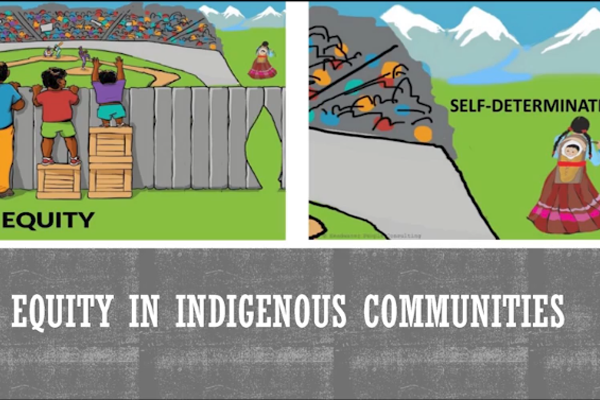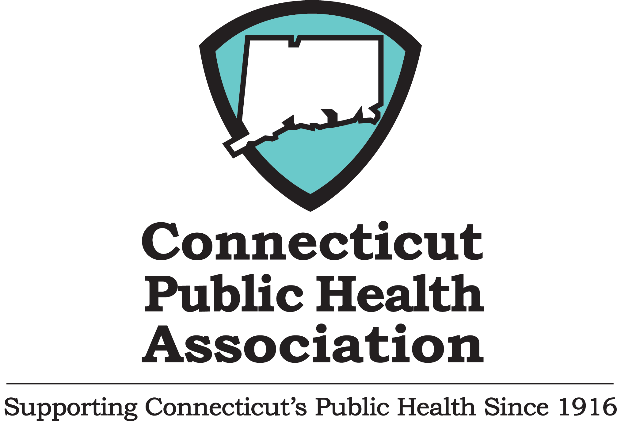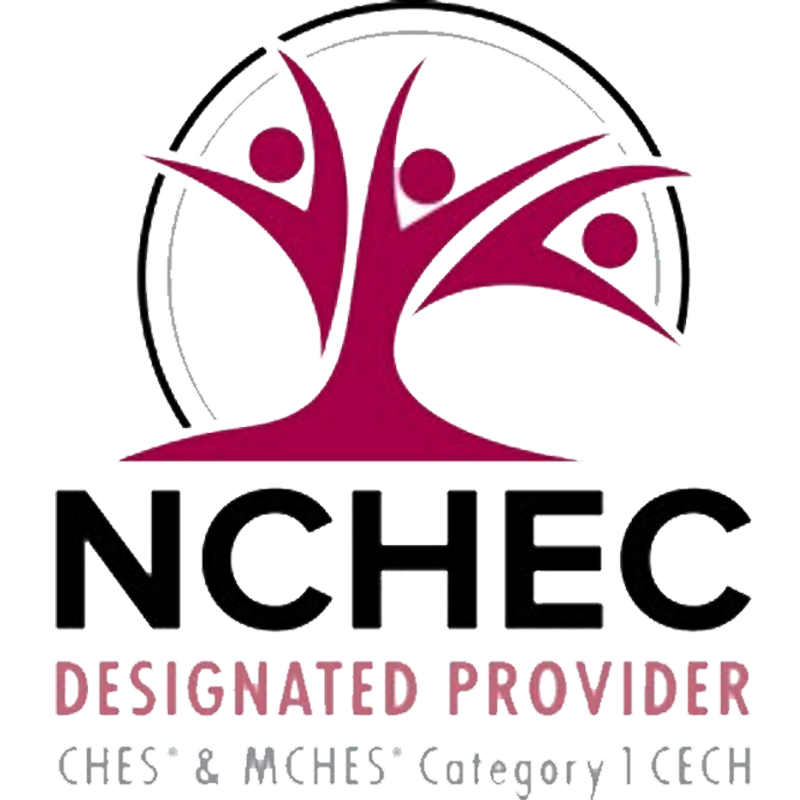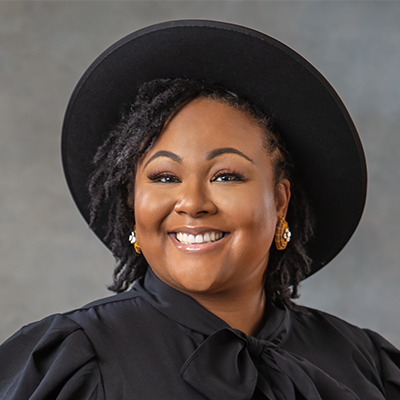
Engaging Indigenous Communities in Health Equity Activities
Learn more about this webinar!
Engaging Indigenous Communities in Health Equity Activities
How can we ensure that the needs of indigenous communities are not overlooked in health equity efforts?




Register
Course Information
- Audience: Public health workforce
- Format: Recorded Webinar
- Date/Time: Recorded on November 10 2020
- Price: Free
- Length: 30 min
- Credential(s) eligible for contact hours: Sponsored by New England Public Health Training Center (NEPHTC), a designated provider of continuing education contact hours (CECH) in health education by the National Commission for Health Education Credentialing, Inc. This program is designated for Certified Health Education Specialists (CHES) and/or Master Certified Health Education Specialists (MCHES) to receive up to 1 total Category I continuing education contact hours. Maximum advanced-level continuing education contact hours are 1. Provider ID: 1131137 Event ID: 01082021.
If you are not seeking a CHES/MCHES contact hours, if you complete the post-test and evaluation, you will receive a Certificate of Completion. The Certificate will include the length of the course. - Competencies: Health Equity Skills
- Learning Level: Awareness
- Companion Trainings:
- Supplemental materials:None
- Pre-requisites: None
About this Recording
Indigenous communities, people who identify as American Indian and Alaska Native, have long faced systemic oppression in this country which is reflected in poor health outcomes. For example, indigenous communities have a life expectancy that is 5.5 years shorter than the national average. Learn about how Connecticut has treated indigenous communities in the past, how these injustices impact policy today and how you can engage this population in health planning. While the focus is on Connecticut, this presentation has information useful for practice in any state.
What you'll learn
At the end of the recording, participants will be able to:
- Name the indigenous communities in Connecticut
- Describe how indigenous communities have been overlooked in health equity outcomes
- Recall examples of state policies that resulted in unjust treatment of native peoples
- Discuss strategies for outreach and inclusion for this population
Subject Matter Expert

Michele Scott Dixon (Mashantucket Pequot)
Michele Scott is the Executive Director of The Health Education Center located in Norwich, CT where she works diligently to ensure that the healthcare workforce pipeline reflects the communities it serves. She brings with her a background in community health, strategic planning, program evaluation and a commitment to equity within health systems. Michele serves as Chair of the Health Care Advisory Board of the Mashantucket Pequot Tribal Nation and is a member of The Arc Eastern Connecticut Board of Directors. Michele received her B.A in Psychology and American Studies from Columbia University and her M.S. in Organizational Leadership from Quinnipiac University. She resides on the Mashantucket Pequot Reservation with her family.
Michele is available at scott@healtheducenter.org to answer any webinar follow up questions.
Registration
Select the Enroll Me button below to register for this recording. If you have any trouble accessing the recording, contact support@nephtc.org.
Acknowledgement: This project is/was supported by the Health Resources and Services Administration (HRSA) of the U.S. Department of Health and Human Services (HHS) under grant number UB6HP31685 “Regional Public Health Training Center Program.” This information or content and conclusions are those of the author and should not be construed as the official position or policy of, nor should any endorsements be inferred by HRSA, HHS or the U.S. Government.
